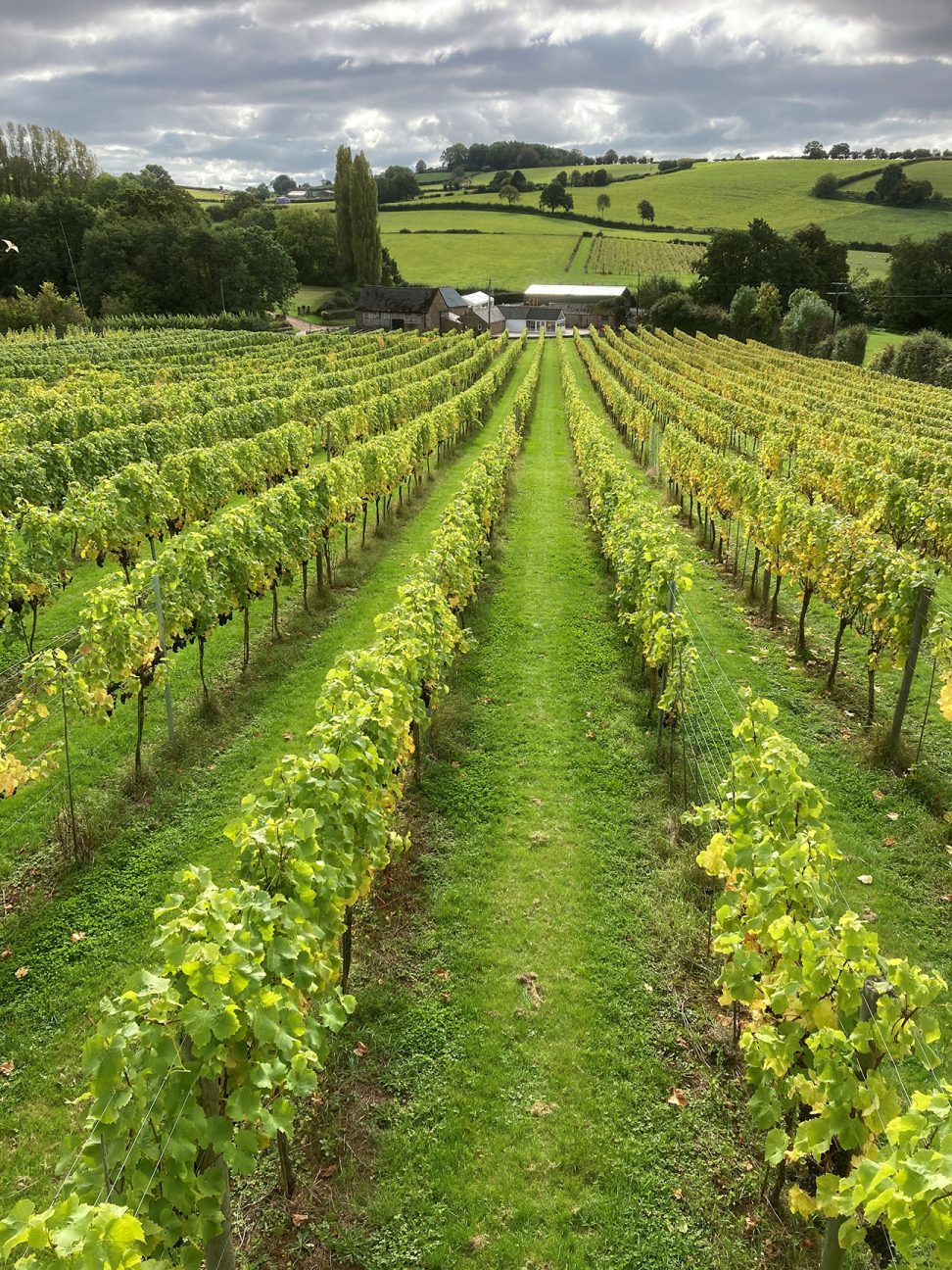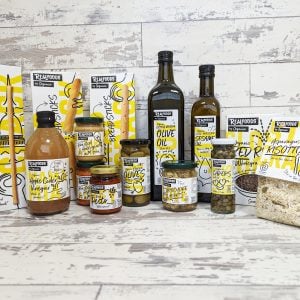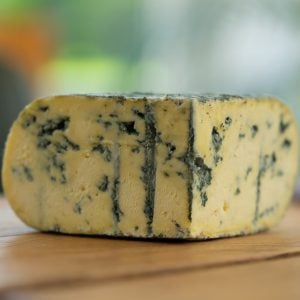
The future of Welsh wine is bright, according to the producers exhibiting at the second Welsh Wine Showcase hosted in London last month.
Attendees represented a broad spectrum of wine styles, grape varieties and production methods, with some whose vines date as far back as the 1970s and others having planted as recently as 2023.
The sector is growing fast: a report published by the FSA in 2021 estimated that there were 38 vineyards in Wales in 2021, predicting that there would be 50 by 2035.
“But I’ve got a list that says there are 52 now, and in twelve months’ time it will probably be the best part of 57, 58,” said Robb Merchant MBE, founder of White Castle Vineyard.
Robb and his wife Nicola Merchant first planted vines in 2009, becoming some of the first to sell red wine made in the UK. Their wines have since earned national and international recognition, including a Gold medal in the Decanter World Wine Awards 2021. Last year, Robb Merchant was awarded an MBE by the King for his services to viticulture, namely for his part in the creation of the Welsh Government’s Drinks Cluster, which in 2022 announced a plan to increase the sector’s value to £100 million by 2035.
“We’ve seen that as a step forward in terms of some togetherness,” Merchant said.
“The industry in Wales is vibrant, innovative and there is great camaraderie and teamwork,” agreed Richard Morris, fellow Monmouth winemaker, and founder of Ancre Hill Estates.
Having embraced the natural wine movement when they planted their vines in 2006, Ancre Hill’s biodynamic, organic still and sparkling wines have ranked among the best in the world – receiving Decanter, as well as IWSC and Bollicine del Mondo awards, and are now sold across the UK and internationally. Morris is part of a group which is working with the Welsh Government to introduce a PGI scheme giving Natural Wines of Wales an official accredited status.
Partly to thank for the success of Welsh wine generally, Morris told FFD, is the country’s topography, which explains why a healthy mix of varietals and styles of wines can be made.
“Certain areas of Wales such as the Eastern border with England are ideal for growing vines, protected to the West by the Cambrian Mountains and Brecon Beacons,” he said.
“Growing vines in such areas on sheltered, South facing sites at above 49.9 degrees latitude is at the limit of a grape variety’s ability to ripen, producing alluring and refreshing wines with crisp acidities and aromatics.”
Not only that, he said, but there is a level of professionalism in the industry that didn’t exist 20 years ago, with growing attention to detail on such matters as site, varietal root stock and clonal selection.
It is his belief that “the move to natural wine production will set Wales apart in world terms”.
One such new natural winemaker, enticed out of London to the Radnor Valley in mid Wales is Whinyard Rocks, led by Susan Holtham and James Kinsey-Jones.
The couple first planted vines in 2017, choosing hybrid grape varieties well suited to the climate – mainly Solaris and Rondo. They make a Champagne-method sparkling wine, a pét’nat, a still red and a sparkling red, which drinks critic Tamlyn Currin said was “one of the most delicious red sparkling wines I’ve ever tasted”.
From 800 vines when they first started, they now have 4,000, and are planting another 1,500 this year, with plans to produce 700 bottles of wine this year, and double that next year.
“We’re really optimistic about the future of Welsh wine,” Holtham told FFD. “There’s so much potential here to craft our own story and lead with innovation.”
This article first appeared in the April 2024 edition of Fine Food Digest .



